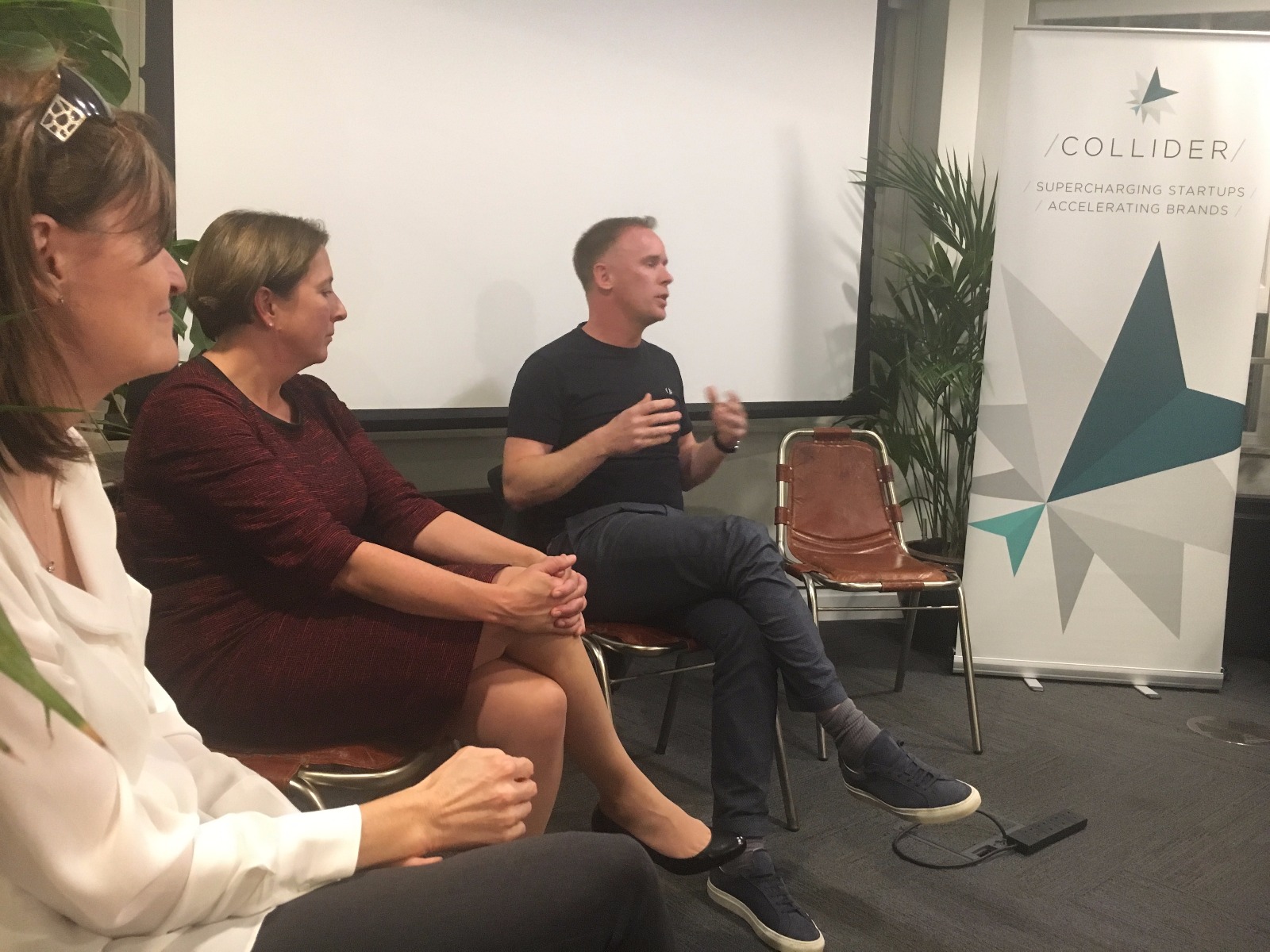The paperwork, the contracts, the term sheets, the compliance regulations. You might have incredible tech, a team worthy of a Nobel Prize and your dream customer already in the bag, but without getting all the legal stuff sorted, you’re pretty screwed.
In the accelerator world, there’s often an expectation to see there’s a legal partner, but few actually discuss what that really means. And so after launching Collider Amsterdam in 2017, it gave us the perfect opportunity to scour the Dutch market for that dream partnership, where we landed on the folks at LXA The Law Firm.
Having now worked with over 50 startups at Collider, we can see (and totally understand!) that the legal stuff isn’t the most exciting part. But, it’s arguably one of the most important, and gives meaning to sink or swim.
An awesome law firm is a company that can support our startups with a whole host of issues, from IP to GDPR, to option pools and term sheets, but by doing so becomes an incredible, trusted advisor to our angel investors. In our eyes, that’s a win-win for all parties.
New startup, new country
As part of our deal, we expect startups to move their business to Amsterdam in order to receive investment. Innovating in fresh waters in a new country and likely going into competition with huge, multinational companies takes real bravery, which is exactly why you need a serious legal office behind you.
“LXA were right there at the start of our journey into the Netherlands,” said Rado Raykov, CEO and Co-Founder of Consent.io, a Collider Amsterdam startup which helps brands to access an always-on focus group of millions, with real-time analytics and live feedback.
“Shortly after we made the transition and became a Dutch company we had the good fortune of having to very quickly switch gears thanks to our first paying customer waiting for us to send our contract proposal.”
The many needs for a legal expert
It doesn’t take a genius to know that startup life can be tough; but until you’re faced with that next challenge, it’s not always possible to see it coming.
“Having your papers in order is a must for future investment,” said Rado. “One of our co-founders is an American. Our first client is from outside the EU. We all needed employment contracts with our own company. We had to begin our GDPR compliance roadmap. Oh yeah - and then there’s the matter of Intellectual property.”
Ultimately, we know the legal stuff isn’t the most exciting part for investors or for founders, but having this organised from the start will save you a lot of money on ibroprufen in the future.
Your tech might be great, but business wants business
Many of these things are simply the harsh realities of the real business world, and chatting to any of your startup friends over a beer will likely reveal it’s common practice. But without the security of a startup-friendly, efficient and seriously knowledgeable legal firm, you’re unable to do what you really do best – and that’s sell.
“When you say ‘innovative’, businesses hear “’unproven’. When you say ‘new’, businesses hear ‘risky’. Having to surmount to all of that is a difficult task,” said Rado.
“But if you have the right partners on board to make sure that the law is on your side, that your contracts are rock solid, that you can step on their reputation and professionalism to mitigate and minimise the risk for your team, investors and clients - then you can venture into any boardroom.
“Yes, you might be young, but when it comes to the lawyers and the law - you are equal with the other side of the table.”






